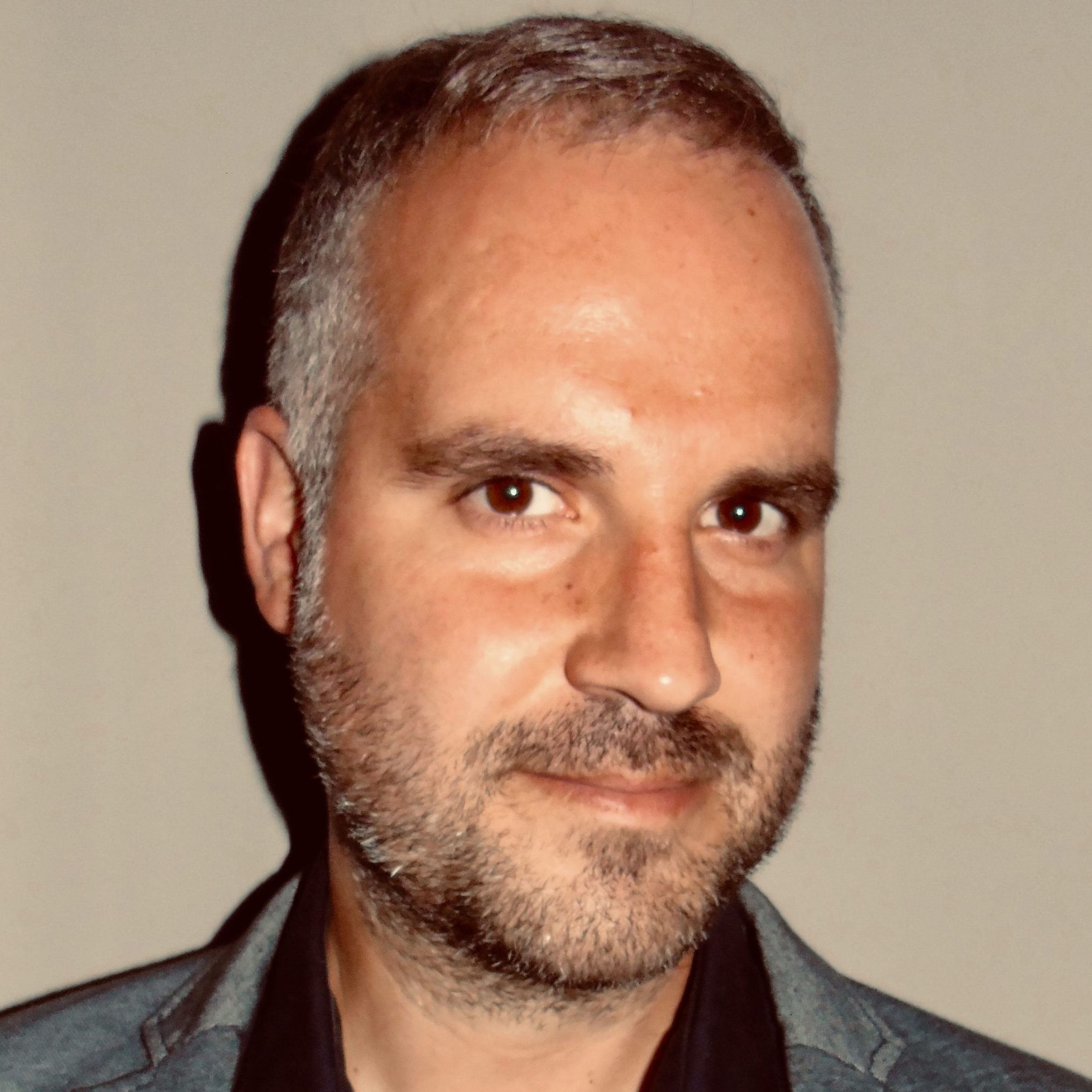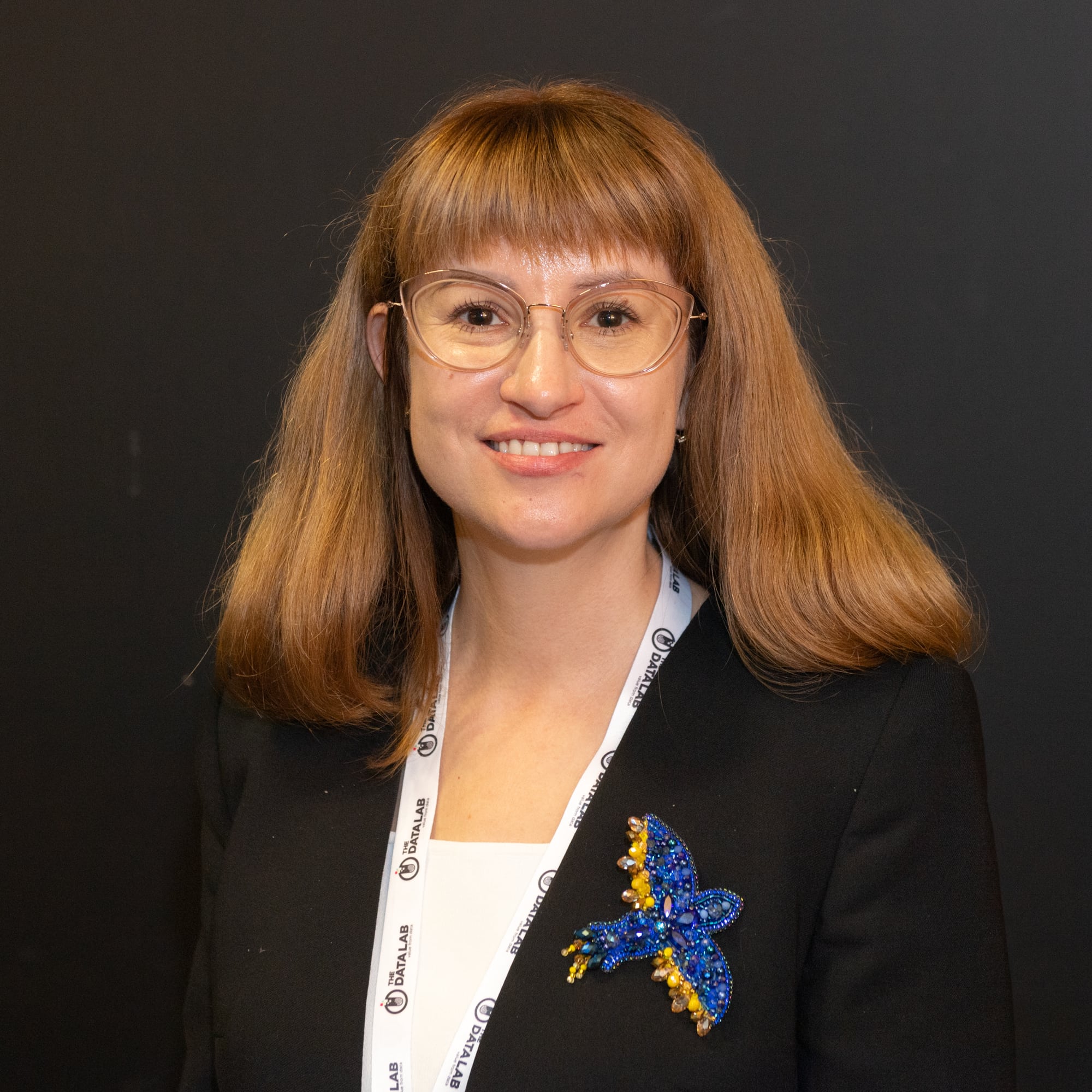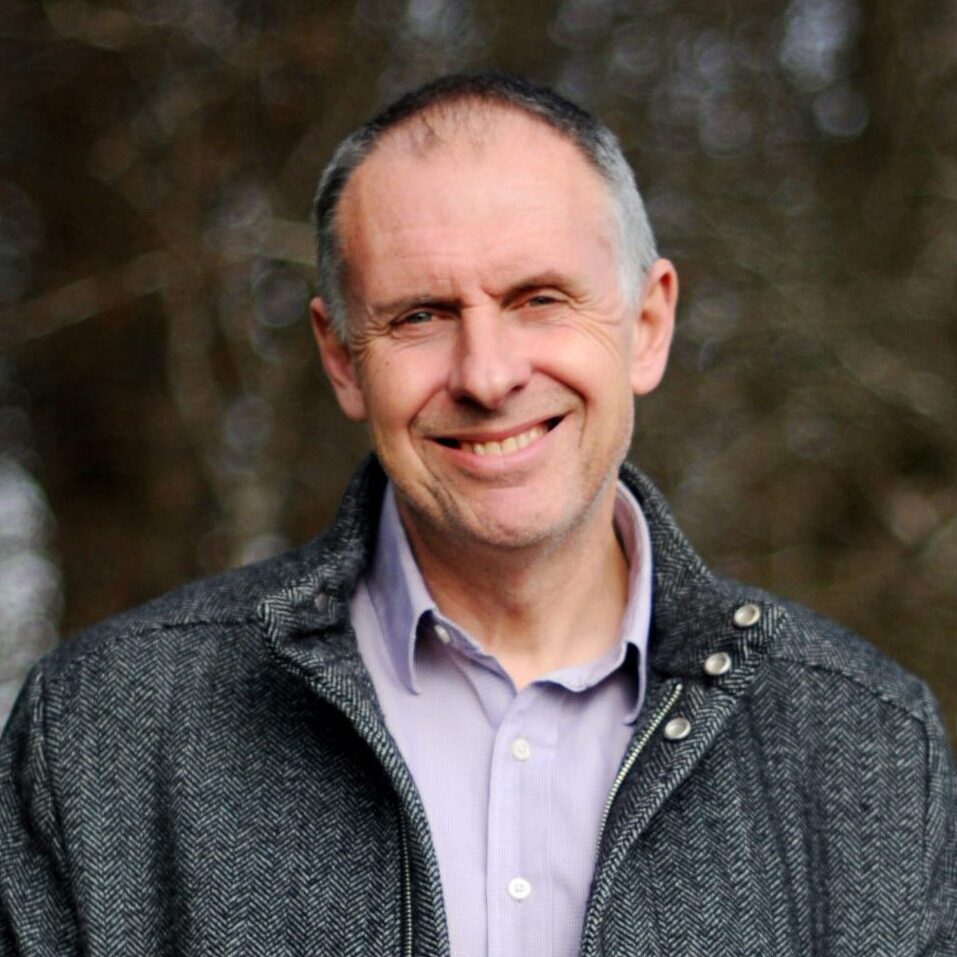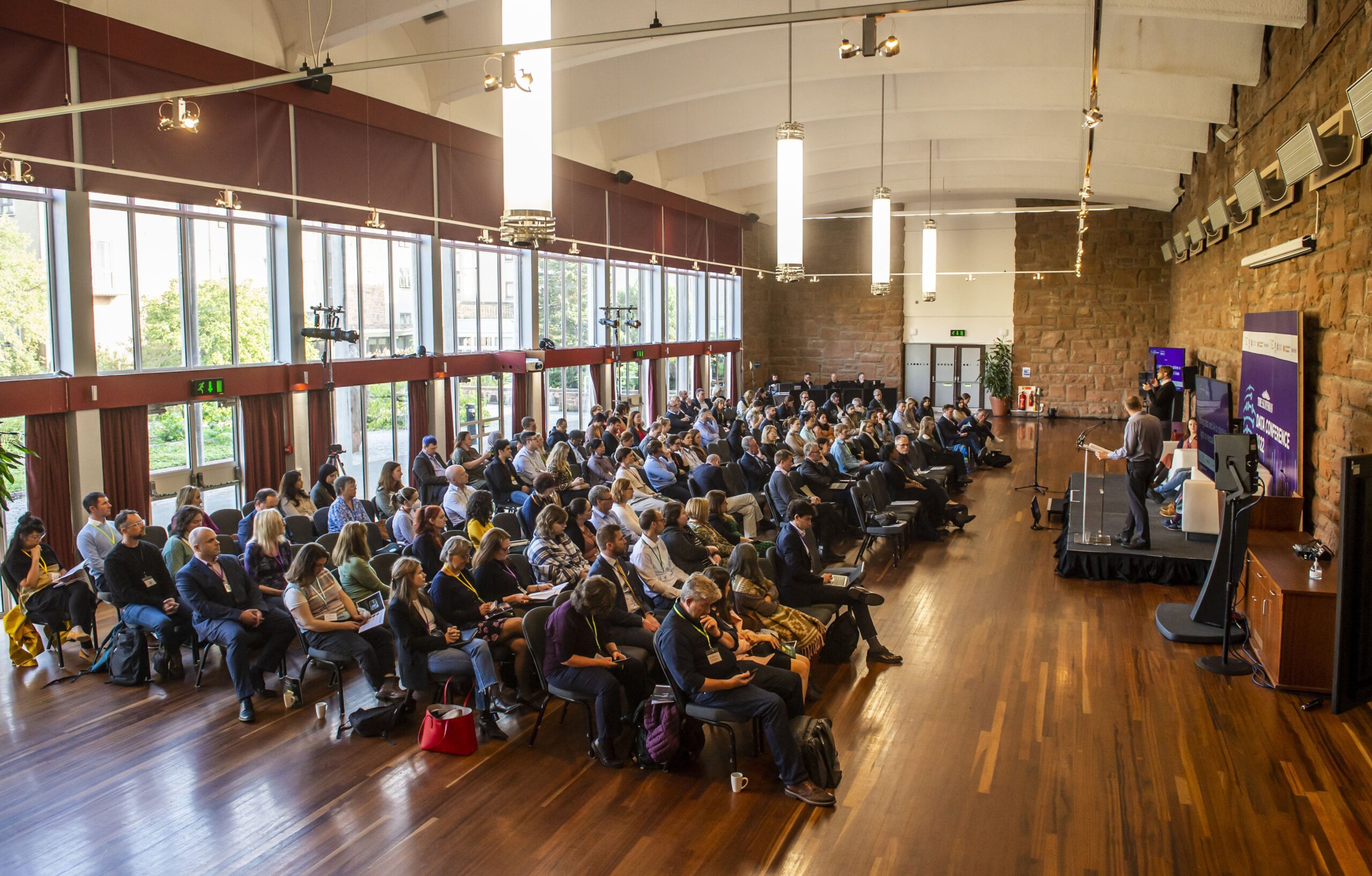
Dr Stephanie Hare is a researcher, broadcaster and author. She co-presents the BBC's weekly television programme AI: Decoded, which explores the top stories in AI, and appears monthly on the BBC World Service programme
Her first book, Technology Is Not Neutral: A Short Guide to Technology Ethics, was named a Financial Times best book of summer 2022 and is on the syllabus at Harvard Law School.
Previously Stephanie worked at Accenture, Palantir, and Oxford Analytica as an analyst and consultant specialising in technology, business and political risk, advising senior decision-makers in governments and the private sector.

Oliver Escobar is Professor of Public Policy and Democratic Innovation at the University of Edinburgh. His work combines research, teaching and practice in the fields of public participation, policy innovation, power inequalities, and the democratic governance of the future. Before academia, he worked in radio, retail, fishing, construction and literature.

Olga Tokariuk is a Chatham House OSUN Academy Fellow, Ukraine Forum. Her professional interests are international affairs and research on disinformation, especially in the context of Russia’s full-scale invasion of Ukraine.
She is a former fellow at the Reuters Institute for the Study of Journalism at Oxford University and CEPA non-resident fellow. Olga’s background is in journalism and she has vast experience in Ukrainian and international media.

Ben Collier is a Lecturer in Digital Methods at the University of Edinburgh in the department of Science, Technology, and Innovation Studies. Ben’s research sits at the intersection of Criminology and Science and Technology Studies, drawing theory and methods from both. Ben studies crime, harm, and control in digital infrastructures, and is the author of Tor: From the Dark Web to the Future of Privacy with MIT Press.

David Lee has chaired around 450 events, well over 300 in-person and more than 100 online - including the last four data conferences. He also shapes the agenda for this annual conference, scripts and hosts the Data Capital podcast and edits The Scotsman data supplement.
His other varied areas of expertise include sustainability, law, robotics and rural affairs. He hosts podcasts for a range of clients, is a Director of PA Cooperative and has his own media training business.
Away from work, he is a father of four grown-up children (and a border collie), a passionate coastal rower and a loud footballer of declining ability.

Jarmo Eskelinen is an urban data and smart city expert leading the Data-Driven Innovation (DDI) initiative at the University of Edinburgh. DDI is 15-year, £661m investment and innovation programme delivered in collaboration with the Heriot-Watt University and external partners. As part of the Edinburgh City region Deal, DDI will set up an innovation platform of 6 innovation Hubs across 10 industry sectors from creative industries to fintech, agritech and robotics, to educate 100.000 data scientists, launch or scale up 400 start-ups, collaborate with a 1000 organisations and establish Edinburgh as the Data Capital of Europe, with a mission of Doing Data Right.
Jarmo is also the board member of the Open Knowledge Foundation, international NGO promoting open data and information; member of the Smart London Board; and former vice chair of the Open & Agile Smart Cities network OASC and the President of the European Network of Living Labs ENoLL.

Lilian Edwards is Professor of Law, Innovation and Society at Newcastle University, and a leading authority in the field of Internet law. She has been involved with law and artificial intelligence (AI) since 1985. She has worked in a range of academic posts at several universities and the lead for the Alan Turing Institute on Law and AI. She is the editor and major author of Law, Policy and the Internet, one of the leading textbooks in the field.

Sidrah Hassan is a passionate AI ethicist with a background in product. Currently working for AND Digital, Sidrah strives to ensure that ethics is at the heart of the work she does on AND Digital's internal and external AI capabilities. In every stream of work, from creating training on AI tools and looking at AI offerings for clients to writing blogs on AI, she ensures ethics is a part of the conversation.
Sidrah has worked as a content creator with the BBC, developing engaging social media content on the benefits and risks of AI. Sidrah envisions a future in which AI helps us become a more productive and compassionate society, solving complex business and societal needs but without outsourcing to AI that which makes us human.

Duncan Turner is a partner in the Technology, Media & Telecommunications Team at global legal firm CMS, and is based in Edinburgh. His practice focuses on information technology, intellectual property, data protection, and commercial contracts. His expertise extends to the intersection of technology and legal considerations, including the use of artificial intelligence (AI) in business. His insights help clients navigate the complexities of data protection regulations and harness AI effectively within their organisations.

Diego leads on operations at SBC. He has 15+ years’ experience tackling fundamental policy issues of societal importance – including human rights, technologies, criminal justice, climate policy and corporate actors. He currently serves on a number of technology and biometrics expert groups, including on the Independent Advisory Group on Emerging Technologies in Policing. Diego also served on the Independent Advisory Group on the Use of Biometric Data in Scotland and the Scottish Government Forensic Data Working Group on Acquisition and Retention of DNA and Fingerprints.

Tuğrulcan Elmas is a Lecturer in the School of Informatics at the University of Edinburgh. His research focuses on computational approaches to understand and counter social media manipulation. Tuğrulcan previously worked at the Observatory on Social Media (OSOME) at Indiana University, focusing on detection and analysis of coordinated inauthentic behavior social media.

Layla Robinson is Chief Partnership & Strategy Officer for Research Data Scotland. She has 20 years of working in partnerships, strategy, communications and related fields, mainly around research. She has worked in the charity, private and research sectors in Edinburgh, London and internationally. At RDS, she oversees partnerships, strategy, public engagement and communications.
